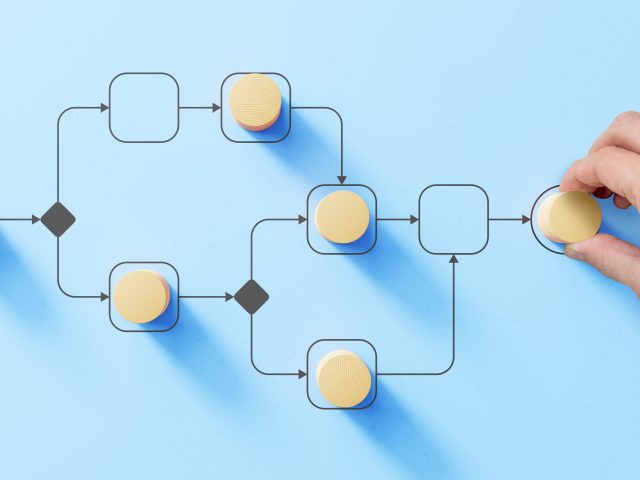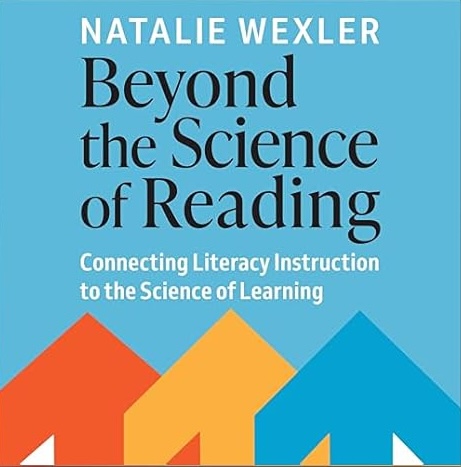
When I first met him, Kurt Fischer used to say “when it comes to the brain, we’re all still in kindergarten.”
(Who’s Kurt Fischer? Well, if you want to connect psychology, neuroscience, and education, you’re following Kurt’s work.
He started the first journal in the field, and the first graduate program. He founded the International Mind Brain Education Society.
He even helped Kelly Williams organize the very first Learning and the Brain conference.)
Dr. Fischer meant that even though we’ve been studying the brain for over 100 years, we still haven’t figured out very much about this infinitely complex part of our daily lives.
Years later, by the time I finished graduate school, he had started to admit we might be in Brain 1st Grade.
Exciting brain scanning techniques — especially fMRI — have shown us extraordinary and unexpected truths about our brains’ development and function.
Brain 2nd Grade?
Two recent discoveries make me wonder: are we in second grade yet?
First, a just-published study identifies a new brain cell — one that might, in fact, be unique to humans.
We don’t know much about “rosehip neurons”; for instance, we don’t know exactly what they do. They’re a kind of inhibitory neuron, but what they inhibit and why, we don’t yet know.
More than 100 years after Santiago Ramon y Cajal produced his amazing drawings of various brain cell types, we still haven’t identified them all.
Second, another just-published study suggests a new way for the brain to communicate with the body’s immune system.
The details here are quite complex (unless you’re already up to speed on aseptic meningitis and neutrophils).
But the surprise remains. Even now, we’re still figuring out basics: like, how does the brain talk with the immune system?
New Brain Cell: Classroom Implications
Of course, this news doesn’t yet tell us how to teach differently.
This new brain cell does, however, provide us an important reminder. Practically everything we learn about the brain in the 20-teens and 2020s will be tentative, initial, and incomplete. We should be excited with each development…and always ready to have old beliefs overturned by new findings.






